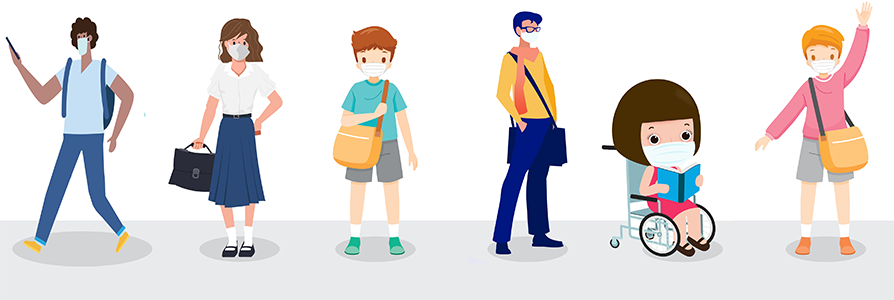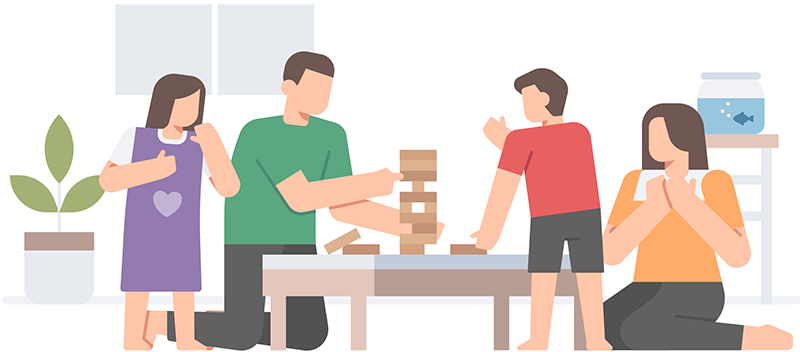
We understand that going back to school can be a stressful time for your children because of COVID-19. It doesn’t have to be. Returning to school should be an exciting time for them. It’s where they get to learn, grow, interact with others, hang out with friends, and meet new ones. You can help them cope better with the stressful transition of going back to school during this COVID-19 pandemic.
UN interagency back to school song

Pointers to help your children cope with stress
Here are some pointers about how you can help your children cope better with the stressful transition of returning to school in the context of COVID-19.
Explain to them what is happening.
Give them new ways of thinking about their feelings so that they don’t feel overwhelmed or afraid.
Give them the confidence to feel that they are safe.
Listen to them, comfort them, give them affection, reassure them that they are safe, and praise them frequently.
Play and read with them to help them relax.
Stick to their regular routines, especially before bedtime because children find comfort in routines.
Explain to them that they need to do simple things to protect themselves and others like:
staying at home when they are sick and in school when they are healthy
washing or sanitizing their hands more often
coughing or sneezing into their flexed elbow or tissue and disposing of the tissue immediately
keeping a distance of at least 1 metre from others
wearing a mask if mandated or when physical distancing is not possible
greeting people with a wave, nod, or hand on heart
not stigmatizing others who may have been exposed to COVID-19
being welcoming, respectful, inclusive, and supportive to all

Take care of yourself
One of the most important things you can do is to remember to take care of yourself. You can’t take care of your children if you don’t. We have resources to help you. Try our online mental health and psychosocial support platform. You’ll find information about stress and how it affects us, and exercises you can try to relieve this stress. It also has contact information for mental health experts in your country. Talking can help and these people are here to help you.

Stay informed about COVID-19
COVID-19 is a disease caused by a new strain of coronavirus. ‘CO’ stands for corona, ‘VI’ for virus, and ‘D’ for disease. While a lot is still unknown about the virus that causes COVID-19, we do know that:
COVID-19 symptoms can include fever, cough, and shortness of breath.
COVID-19 is transmitted through direct contact with respiratory droplets of an infected person (generated through coughing and sneezing).
Individuals can also be infected from touching surfaces contaminated with the virus and touching their face (e.g., eyes, nose, mouth).
As this is a new virus, we are still learning about how it affects children and other vulnerable groups. We know it is possible for people of any age to be infected with the virus, but so far there are relatively few cases of COVID-19 reported among children. This is a new virus and we need to learn more about how it affects children. Stay informed about COVID-19 symptoms, complications, transmission, prevention from credible sources.


